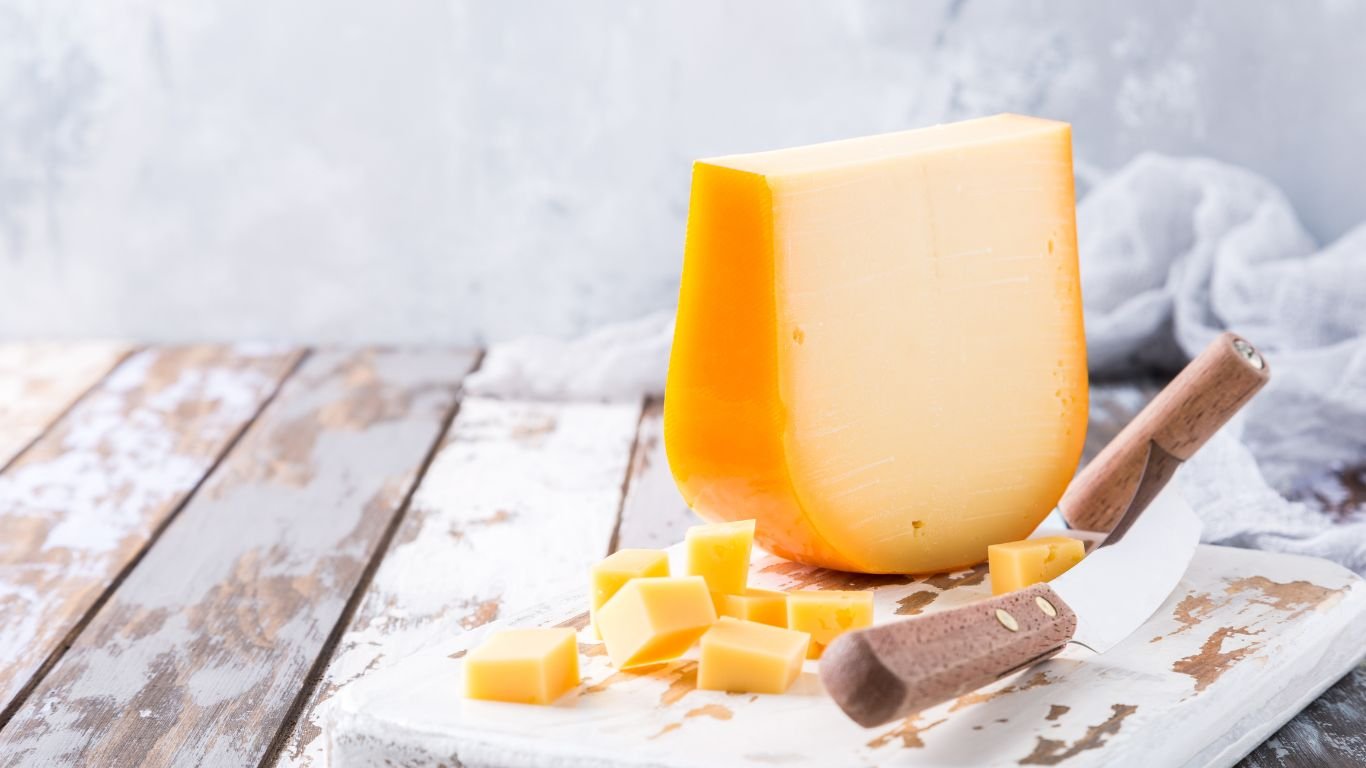STAY IN THE LOOP
Seaweed trumps bromoform for busting methane
When it comes to reducing livestock methane emissions, Asparagopsis seaweed is more powerful than a bromoform-only supplement, according to a new study.
Methane-busting feed supplements are beginning to scale
While burping cows and other ruminants are some of the leading sources of methane emissions, a surprisingly small sum—little more than $233 million according to AgFunder data—has been pumped into startups tackling the problem over the past decade.
Blue Ocean Barns: Bringing Asparagopsis to the Americas
Hawai’i is one of the only places on Earth where Asparagopsis seaweed is consumed by humans – in the form of a condiment known as Limu kohu.
ACCUs one step closer for Aussie farmers using Asparagopsis
FutureFeed is pleased to announce a significant milestone in its years-long push to have Asparagopsis and similar livestock feed additive solutions recognised by the Australian Carbon Credit Units (ACCU) scheme.
Immersion Group: Betting the farm for a better world
From its origins as an idea during the COVID pandemic, to securing a major investment from one of the world’s largest marine product companies, Australian-based FutureFeed licensee, Immersion Group, has come a long way in a short time.
Greener Grazing: New partnership supports ocean growing development and supply
FutureFeed is pleased to announce it has signed a Memorandum of Understanding (MOU) with Greener Grazing – a Vietnam-based R&D company making scalable Asparagopsis seaweed farming a reality.
FutureFeed named in Indo Pacific Climate Tech 100
From a pool of 10,000 climate tech companies, FutureFeed has been selected as a 2024 Indo Pacific Climate Tech 100 Company.
New peer-reviewed study: 99% methane elimination in beef feedlots
Over the past decade, the science of Asparagopsis as a livestock feed ingredient to reduce methane has been iterative.
Does Asparagopsis affect the taste of beef? Here's what the flavour chemists say
Cutting-edge research on flavour chemistry in beef has found no discernible taste sensory difference in the meat from cattle fed the methane inhibitor asparagopsis
Milk Processing Study is a Major Step for Dairy Sustainability
Can including small amounts of seaweed feed for dairy cows be good for global warming and good for Gouda at the same time? Short answer. Yes.
Billed as a gamechanger
A potent greenhouse gas, methane is generated by manure as it decomposes. As a double whammy, it’s also belched out by ruminants, who produce it in a stomach compartment called the rumen, where microbes break down complex carbs to produce gases that are converted into methane by another set of microbes.
New report tracks Asparagopsis industry’s rise
A new report released today charts the growth of the Asparagopsis industry in Australia and around the world as the industry moves through early stages of commercialisation.
SeaStock: global recognition to boost scale-up
Biotech company SeaStock has received global recognition after just two years in operation.




















